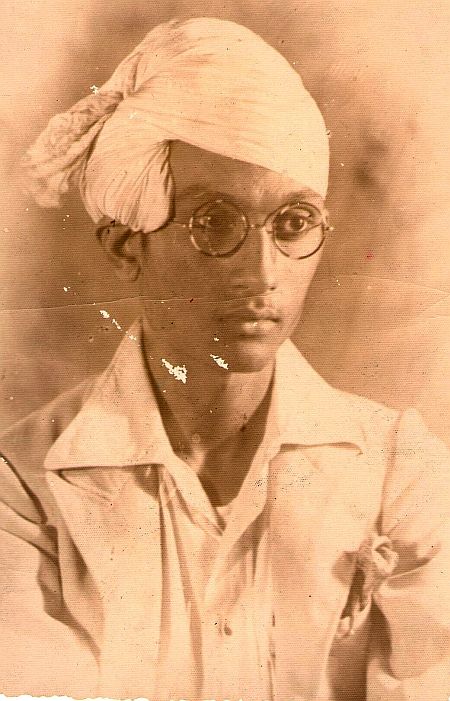
Amit is a semi-retired publishing executive and owner of Green Comma, a service company for education and social-impact nonprofits. He lives in Somerville, MA, with his wife, Pam, and three cats. His two sons, Arnav, 27, and Simon, 21, did not ever get to meet their gentle grandmother, Aruna (Dutt) Shah.
Ma, as I called my mother, was 95 on April 14th, 2016. I cannot imagine what she’d be like physically. She died when she was 68.
Though my father dominated my life with his outsize emotions and contradictions, drive and aspirations, my mother gave me the tools for living . . . love of reading, of trying to understand the strength of humility, of much laughter and fortitude, and appreciation of beauty where I can find it.
She married my father, then 25, when she was 21, in the middle of the Second Word War, in 1942. A college graduate Bethune College, Calcutta, English honors , she was the oldest in a family of four children and a widowed mother. Those who know India will understand that a widow with four children, the youngest was ten, faced a very difficult situation at that time. Her father had died suddenly after a brief bout with meningitis, long before there were vaccines, when she was eleven, and her brother, the youngest, was still in my grandmother's womb.
